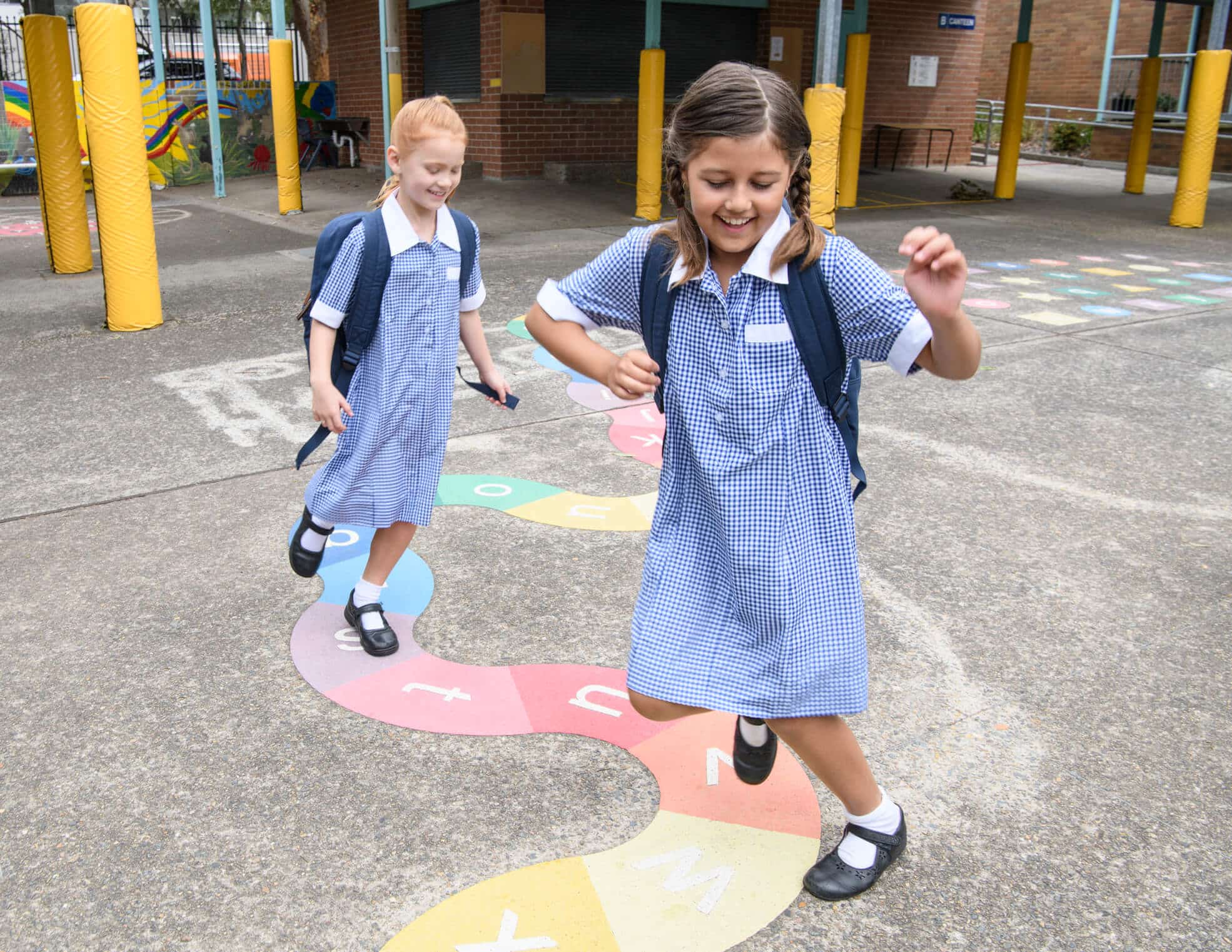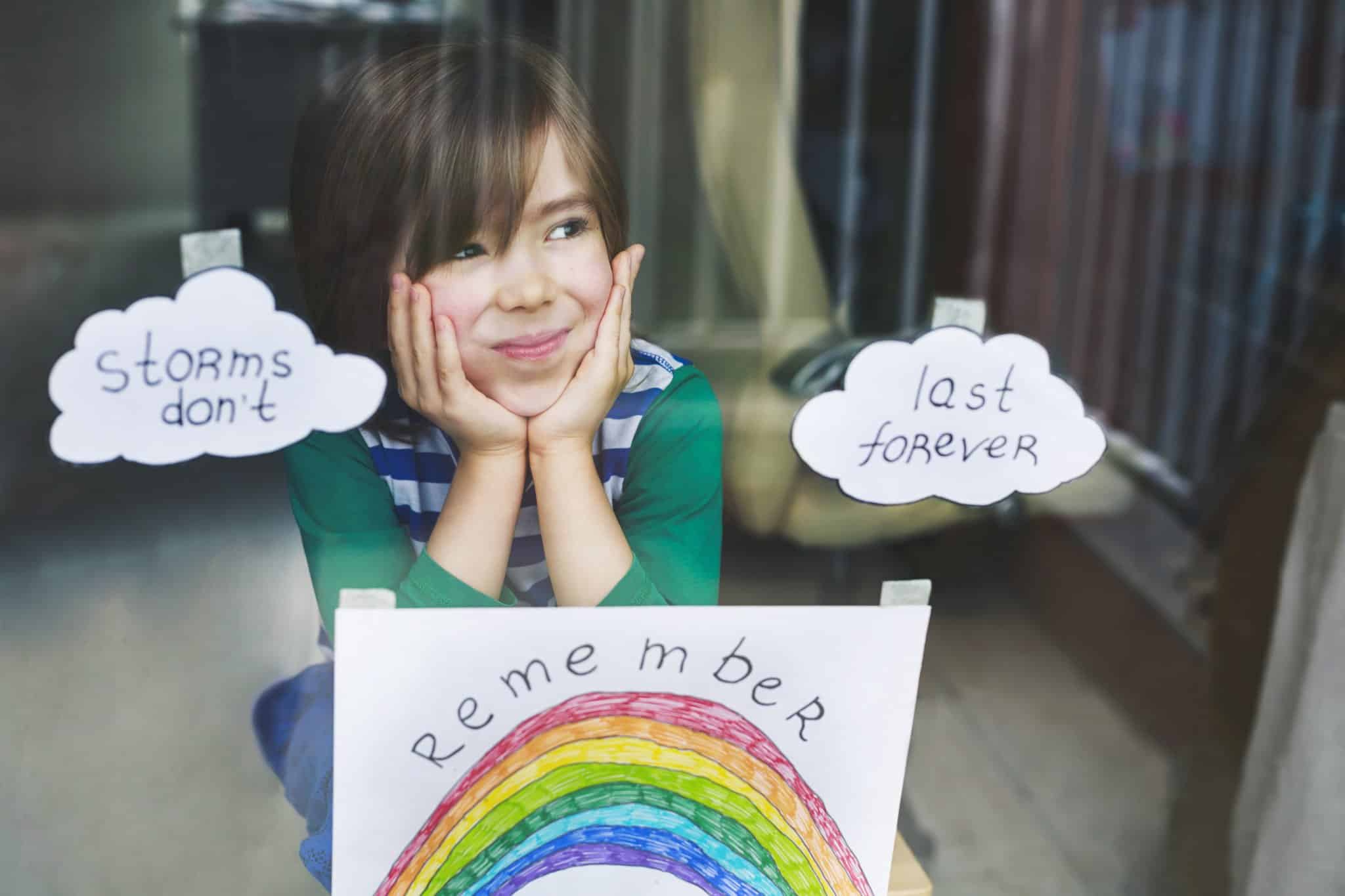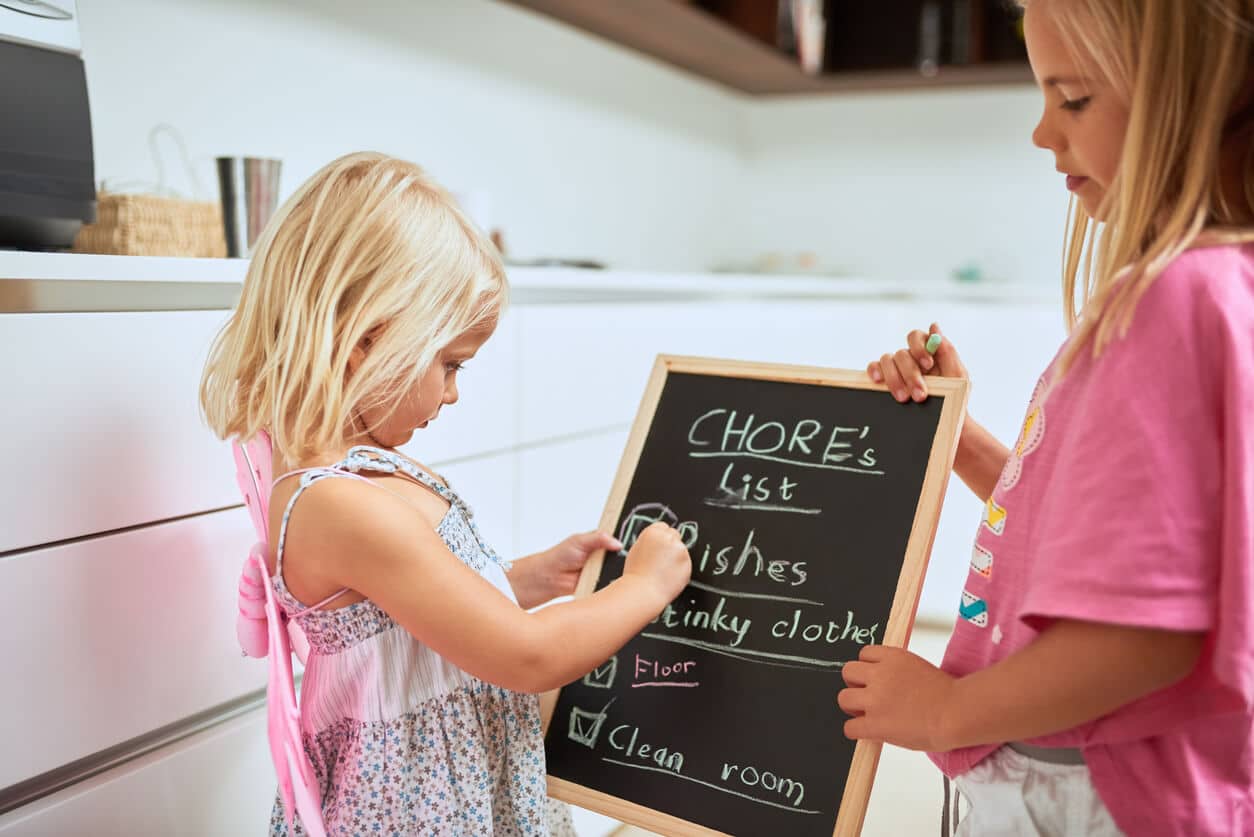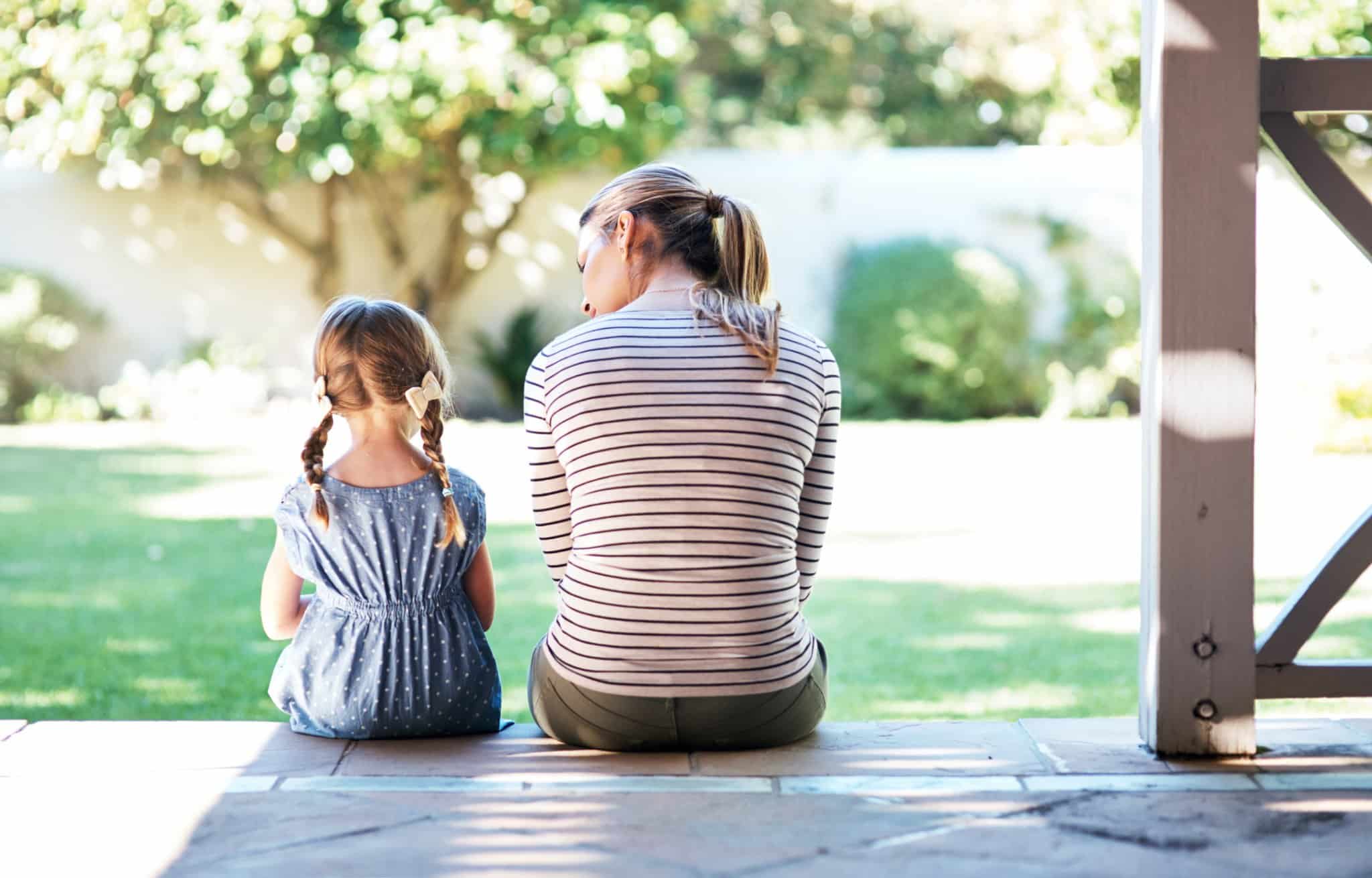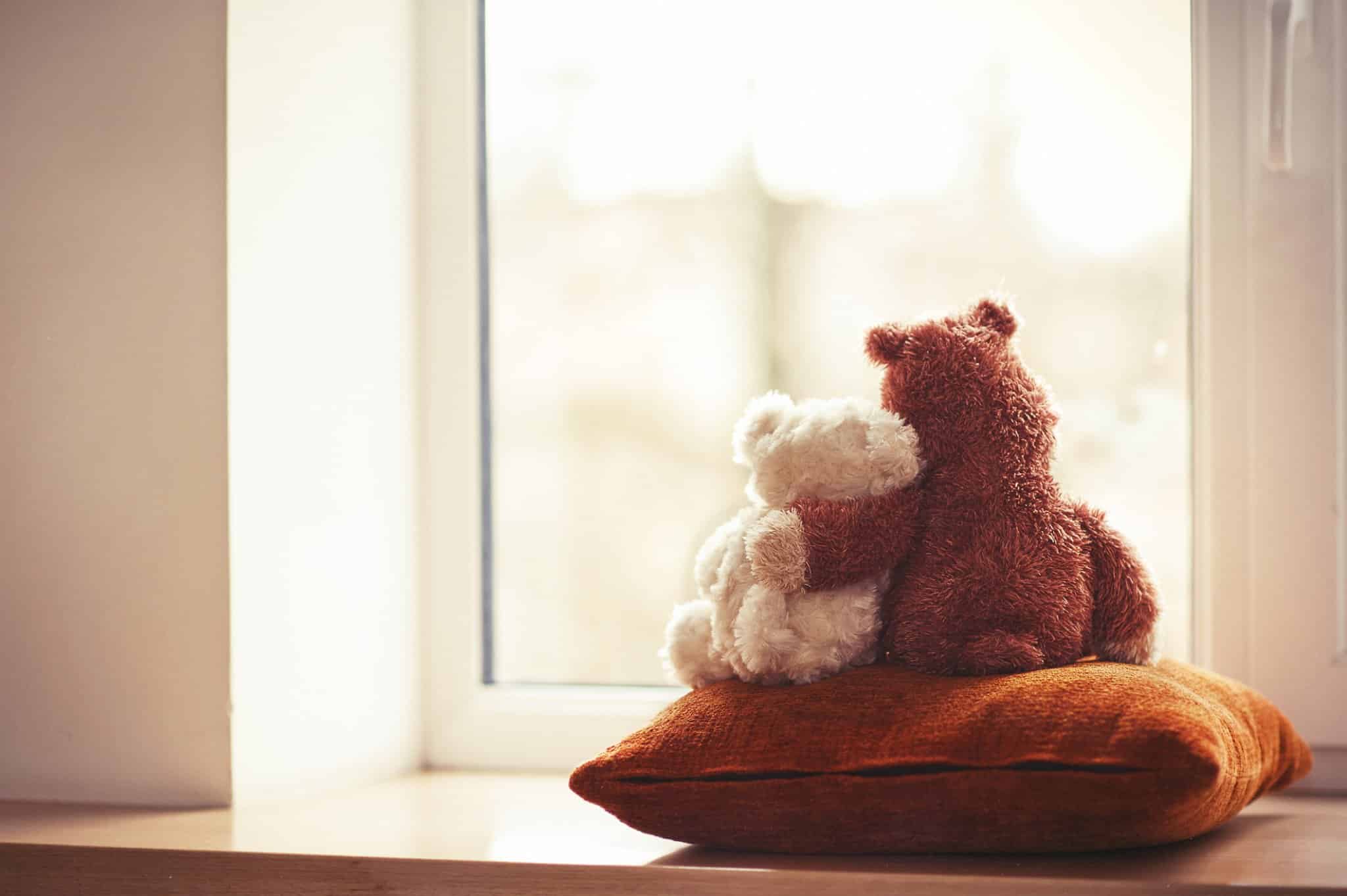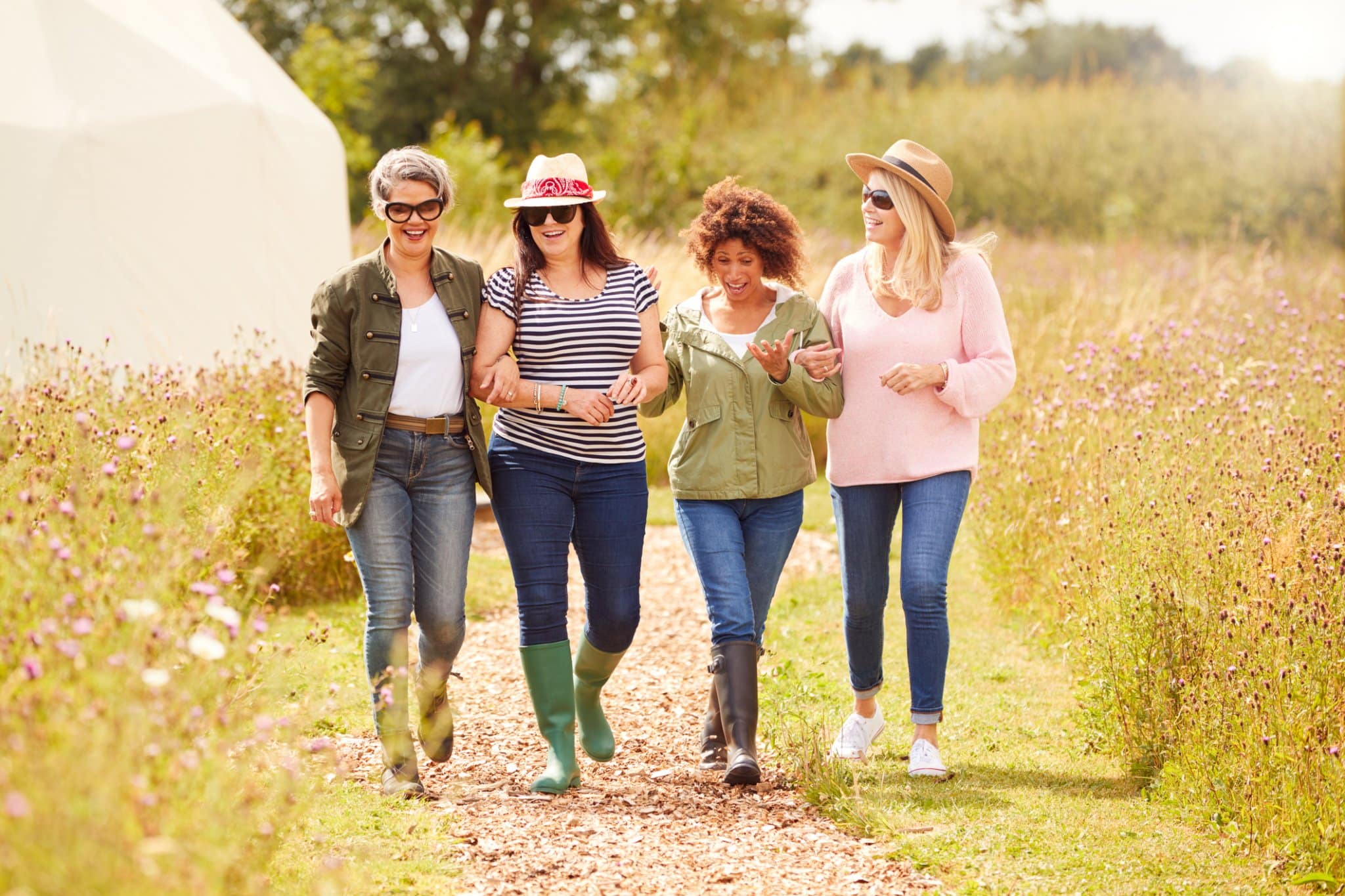Getting along well with others is an important life skill. Not only do kids need to get along in the classroom and playground, but grown-ups need to get along with their work colleagues too.
Children can play nicely with others when they:
KNOW THE BASICS
As an adult, when you meet a person for the first time, it’s common to ask about their name and what they do for a living. This is a learned behaviour. Children will often play together in a playground or park for hours without ever knowing each other’s names.
It’s never too early to learn some basic courtesies such as asking someone’s name and what their interests are. Teach your child to introduce themselves, so they make new friends and feel at ease straight away.
UNDERSTAND DIFFERENCE
Everyone is different. Teaching children to respect and appreciate the difference from a young age can not only help to create a kinder world but will also mean they play nicely with others. Teach them to be curious but respectful of others, and to never leave someone out.
Some children are shy, others are outgoing, and some speak a language other than English… all make grand friends
RESOLVE CONFLICT
Whenever children play together, there is usually some conflict that arises. They argue over toys and play equipment, accidentally injure each other or disagree on what game they should play next. Be careful not to step in when these types of conflicts occur. Allow your child to problem-solve and negotiate with their peers to solve the issue. If things get heated, step in and help them talk through their problems and find a solution that works for everyone.
Next time conflict arises, they might work through it without your help.
ASK FOR HELP
It’s important to give children space to make friends and solve their conflicts. But it’s also vital they know they can come to an adult for help if they need it. When injuries occur or arguments get out of hand, a child who plays nicely with others seeks help and offers reassurance to others. If an adult isn’t needed, they help themselves – they offer a hand up to someone who has fallen and give a reassuring pat to someone upset.
As always, our children learn from watching us in action. The way you treat people and speak to them is always noticed by the little people around you. Do you play nicely with others?
